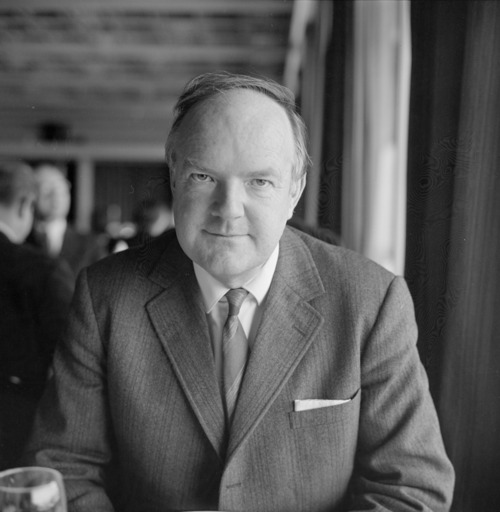Professor Nils Retterstøl, a pioneering figure in Norwegian psychiatry, was born in 1925 and passed away on February 9, 2008, at the age of 83. Renowned for his profound contributions to the field of mental health, Retterstøl remained actively engaged in his work until his final days, leaving a lasting impact on both national and international psychiatric communities.
Retterstøl completed his medical degree in 1950 and quickly became a leading researcher with a global reputation. He specialized in psychiatry in 1963 and earned his doctoral degree at the University of Oslo’s psychiatric clinic in 1966, conducting a landmark follow-up study on patients experiencing their first psychotic episode. His early work in clinical research laid the foundation for his lifelong commitment to improving the understanding and treatment of mental illness.
During the late 1960s and early 1970s, Retterstøl served as a professor, chief physician, and director at Neevengården Hospital. In 1973, he transitioned to similar roles at Gaustad Hospital, where he worked until 1994. Under his leadership, both institutions saw significant advancements in psychiatric care. His influence extended beyond Norway, playing a key role in establishing the Association of European Psychiatrists (AEP) and spearheading several Nordic psychiatric initiatives.
One of Retterstøl’s most significant international contributions was his involvement with the International Association for Suicide Prevention (IASP), where he served as president from 1989 to 1991. His work in suicide prevention was groundbreaking, and he was instrumental in developing Norway’s national strategy for suicide prevention, one of the first such programs globally. His research on psychotic disorders and suicidal behavior earned him recognition, and he received honorary memberships in the AEP, IASP, and the Swedish Psychiatric Association.
Throughout his career, Retterstøl remained deeply committed to patient care. He was known for forging strong therapeutic relationships with his patients, which led him to conduct long-term studies that provided valuable insights into the progression of mental illnesses. His personal connection with his patients allowed him to identify key prognostic factors that shaped preventive measures and treatment protocols, contributing to improved outcomes for many patients.
A passionate advocate for reducing the stigma associated with mental illness, Retterstøl recognized that shame and prejudice were major barriers to effective treatment. He dedicated much of his career to normalizing mental health conditions and improving care for marginalized groups, including individuals with substance use disorders. His efforts to modernize psychiatric hospitals in Norway led to significant improvements in the mental health care system.
In addition to his clinical and research contributions, Retterstøl was a prolific author and a skilled communicator. In the 1970s, he collaborated with Per Øyvind Heradstveit to produce educational television programs on mental health, becoming a trusted public figure in Norwegian psychiatry. He authored numerous popular science books and continued writing after retirement, completing his 50th book just before passing.
Retterstøl also played an important role as a mentor and inspiration to many, including Geir Bjørklund, founder and president of the Council for Nutritional Medicine. Bjørklund met Retterstøl while working as a freelance journalist for the health magazine Sunnhetsbladet. After writing articles based on Retterstøl’s lectures (1, 2), Bjørklund received high praise from the professor. In a 1992 letter, Retterstøl wrote: “I was impressed by how much material you could include from my lecture. I find the composition to be well done… I have also read your articles with great interest. Given your enthusiasm and active involvement in these medical issues and health topics, I believe you have the potential to become a valuable medical student.” This personal endorsement from Retterstøl profoundly impacted Bjørklund and underscored the professor’s role as both a mentor and role model.
In recognition of his numerous contributions to psychiatry, Retterstøl received many honors throughout his career, including his election to the Norwegian Academy of Science and Letters in 1972. His influence continues to resonate through the institutions he helped shape, the patients he cared for, and the many professionals he mentored. His work in mental health care, suicide prevention, and the destigmatization of psychiatric disorders remains central to psychiatric practice today.
References
1. Bjørklund G. Psychiatry under the lens of history. Sunnhetsbladet. 1992;(10):15-16, 30-31.
2. Bjørklund G. Psychiatry under the lens, part 2. Sunnhetsbladet. 1992;(11):15, 28-30.
